Experts say Germany's announcement of its first National Security Strategy in the history of the Federal Republic is necessary, despite lingering doubts.
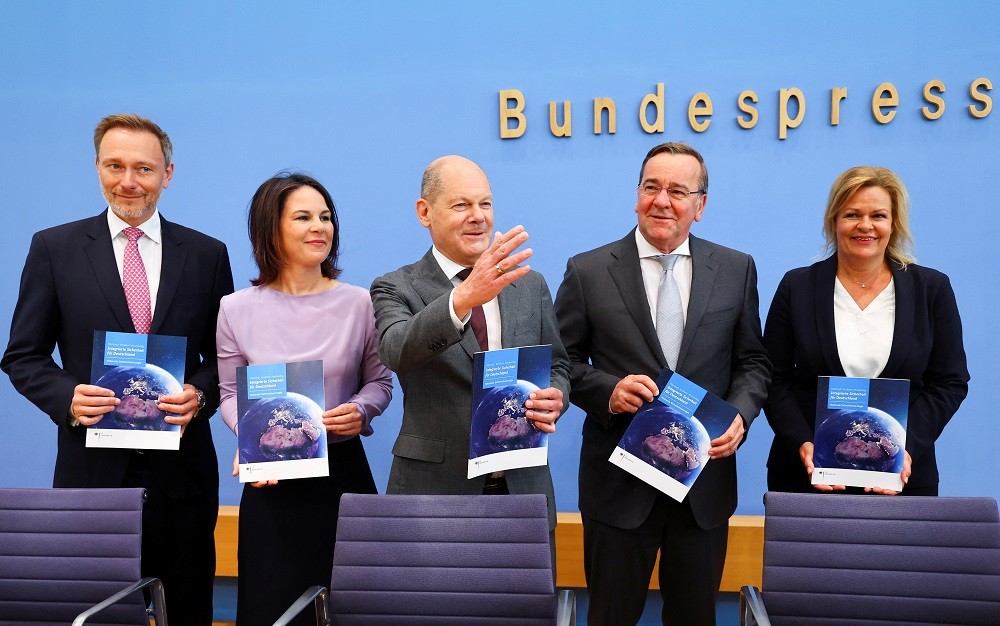 |
| German Chancellor Olaf Scholz (center) and cabinet members announce the National Security Strategy on June 14. (Source: Reuters) |
Special context
Last week, Germany issued its first National Security Strategy in the history of the Federal Republic.
According to DW (Germany), although Berlin has issued many policy documents related to security, the country does not have a National Security Strategy. Therefore, at the end of 2021, the government of Chancellor Olaf Scholz agreed to draft a "more comprehensive strategy" to deal with emerging global traditional and non-traditional security challenges. However, due to many different reasons, from external factors such as the regional and world security situation to internal differences, the development of the above strategy has been delayed many times. Therefore, this 76-page document was only officially launched last week.
In addition, Germany's National Security Strategy appeared in the context that at the end of last year and the beginning of this year, allies such as the United States (October 2022), France (November 2022) or some major partners, specifically Japan (April 2023) and South Korea (June 2023) have also just published their own similar documents.
Notably, these documents all acknowledge that the regional and global situation is changing rapidly, complexly, and unpredictably, unprecedentedly since the Cold War, with the Russia-Ukraine conflict, great power competition, global economic recovery, supply chain disruptions, and the emergence of a series of hotspots and non-traditional security challenges. The German National Security Strategy is no exception.
However, the difference lies in the approach of each country. With the German National Security Strategy, it is to ensure “integrated security” to “adapt to strategic adjustments” as Mr. Scholz stated in the Summary of the document. Every action of Berlin is to ensure security in these aspects and to maintain and promote German values.
| With the German National Security Strategy, it is about ensuring “integrated security” to “adapt to strategic adjustments” as Mr. Scholz stated in the Summary of the document. Every action of Berlin is to ensure security in these aspects and maintain and promote German values. |
Three main features
With that goal in mind, Germany's National Security Strategy has three main features.
First of all , it is not difficult to see that “integrated security” is the main theme of this document, mentioned 35 times. This concept assumes that security is not only about diplomacy and military, but also a component in other areas such as economy, energy, technology or health. Conversely, the development of these areas will contribute to improving overall security. This motto is clearly shown in the way Berlin builds three pillars of security in the direction of “active” (Wehrhaft), “resilient” and “sustainable” in the National Security Strategy.
In particular, enhancing active defense capabilities is the focus, with the North Atlantic Treaty Organization (NATO) playing a key role, with the keyword “NATO” appearing 36 times throughout the document. In particular, in addition to its commitment to promoting cooperation among members, Germany affirmed that from 2024, the country will increase defense spending from 1.5% to 2% according to NATO norms and continue to implement the bloc's Strategic Concept.
Interestingly, although Berlin's leaders agreed with the proposal to enhance "strategic autonomy" initiated by Paris, this phrase did not appear in Germany's National Security Strategy.
Meanwhile, the document emphasizes that the European country will strengthen the “resilience” of national security through “protecting values”, reducing economic dependence on “adversaries”, preventing cyber attacks, maintaining space security and protecting the fundamental principles of the United Nations Charter.
Finally, the “sustainability” pillar emphasizes how to address non-traditional security issues such as climate change, energy crises, and food security.
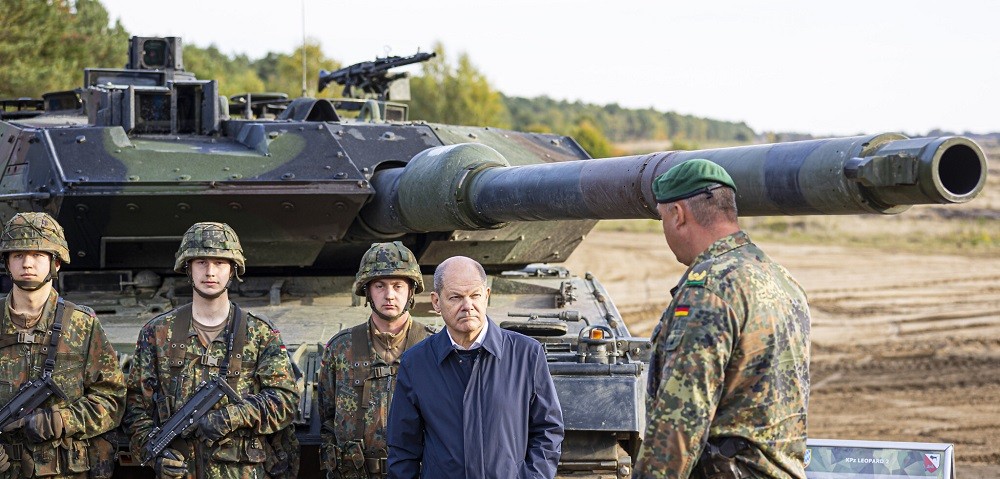 |
| Olaf Scholz inspects a Leopard 2A6 tank exercise of the Bundeswehr in Ostenholz, Germany on October 17, 2022. (Source: AP) |
Second , Europe continues to be a key area in Germany’s security policy. Russia is “the most serious challenge to peace and security.” According to Berlin, Moscow’s military activities in Ukraine are the key cause of the loss of defense, energy and food security in the region.
However, Berlin asserted that it does not “want confrontation or clash” with Moscow. At the same time, it supports reducing strategic risks and maintaining emergency political and military communication channels between Russia and NATO.
Finally , it is the story of the Indo-Pacific and China. In 2020, the administration of former Chancellor Angela Merkel adopted the Guidelines on the Indo-Pacific. Recently, speaking at the Shangri-La Dialogue on June 4, German Defense Minister Boris Pistorius affirmed that he would send warships to the Indo-Pacific by 2024 to demonstrate his commitment to the “rules-based international order” in the region.
However, in Germany’s National Security Strategy, the word “Indo-Pacific” appears only once. Specifically, the document states that this region “remains of particular importance” to Germany and Europe.
China is a different story. On the international level, Beijing is a systemic rival and challenger, seeking to “reshape the rules-based international order,” according to Berlin. But on the other hand, China remains an important trading partner for Germany and indispensable in its efforts to address global issues, especially climate change, a priority for the Olaf Scholz administration.
| The concept of “integrated security” assumes that security is not only a matter of diplomacy and military, but also a component in other areas such as economics, energy, technology or health. Conversely, the development of these areas will contribute to improving overall security. |
Expectations and Will
The Economist (UK) said that the National Security Strategy has clarified Germany's security views and goals in a straightforward and timely manner, whether on Russia, China or Europe. However, the document has not provided a specific roadmap on when and how to implement those goals. The expectation of a central agency to synthesize and implement policies like the US National Security Council, has also not been mentioned.
Meanwhile, scholar Tim Hildebrandt, Research Assistant at the Ruhr West University of Applied Sciences (Germany), said that the approach of viewing China as a “partner, rival and systemic challenger” is no longer strange in Germany as well as in Europe. However, this scholar commented that the Strategy has not analyzed the aspect of Beijing’s interests in relations with Berlin. At the same time, the document lacks specific directions in building a more positive German-Chinese relationship in the future.
According to Mr. Thorsten Benner, Director of the Institute for Global Public Policy in Berlin (Germany), Germany's National Security Strategy and the goals set forth in this document are "positive", but "not accompanied by the necessary political commitment to mobilize resources for the stated goals".
In the introduction to the document, German Foreign Minister Annalena Baerbock wrote: “This strategy is not a destination, but only a starting point.”
It is often said that the first steps are always the hardest. Can Germany overcome these initial hurdles and “accelerate” to achieve the goals set out in its first National Security Strategy? As Ms. Baerbock said, the answer will “depend on our will.”
Source


![[Photo] Prime Minister Pham Minh Chinh meets with General Secretary and President of China Xi Jinping](https://vstatic.vietnam.vn/vietnam/resource/IMAGE/2025/4/14/893f1141468a49e29fb42607a670b174)
![[Photo] General Secretary To Lam holds talks with General Secretary and President of China Xi Jinping](https://vstatic.vietnam.vn/vietnam/resource/IMAGE/2025/4/14/b3d07714dc6b4831833b48e0385d75c1)
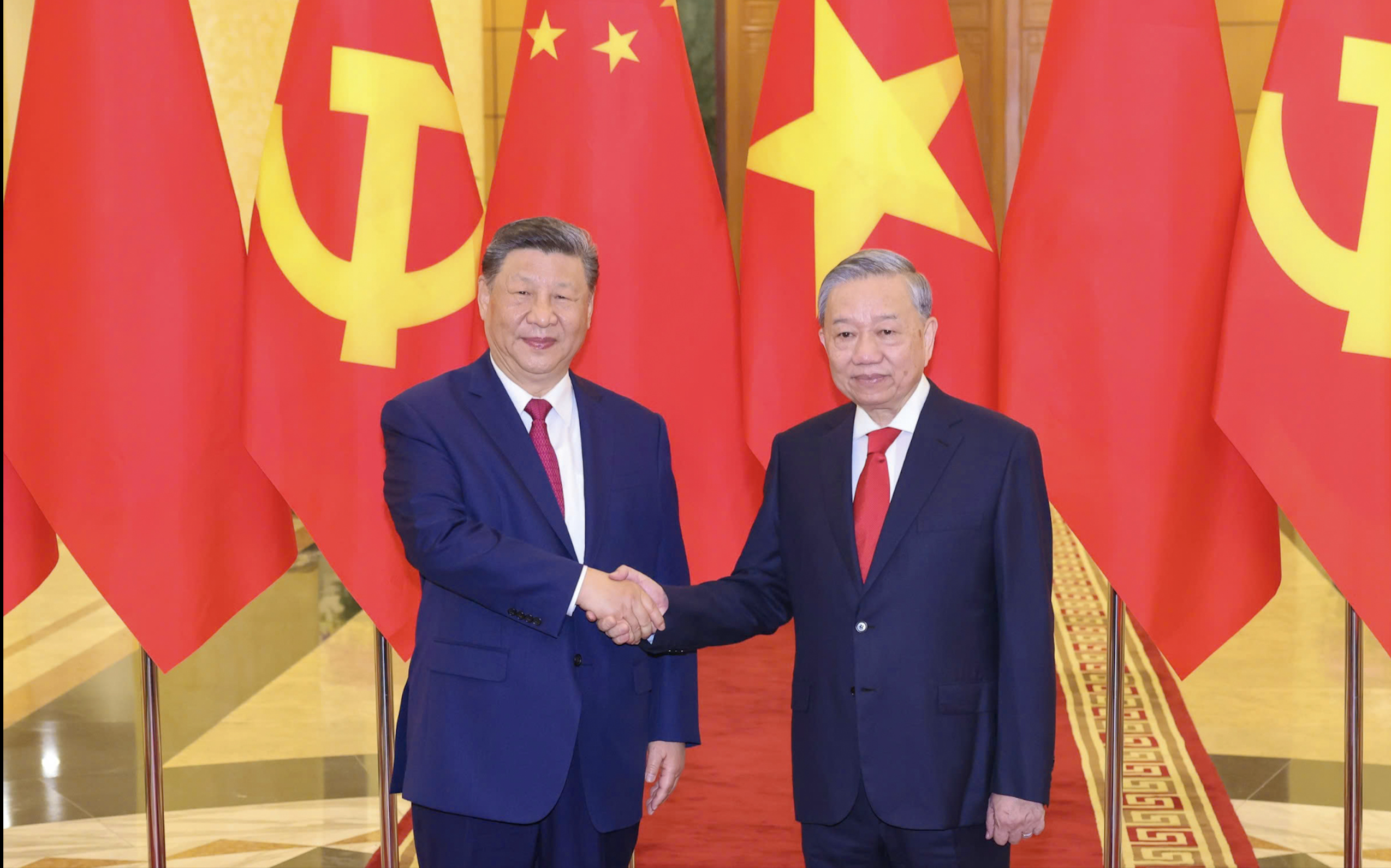
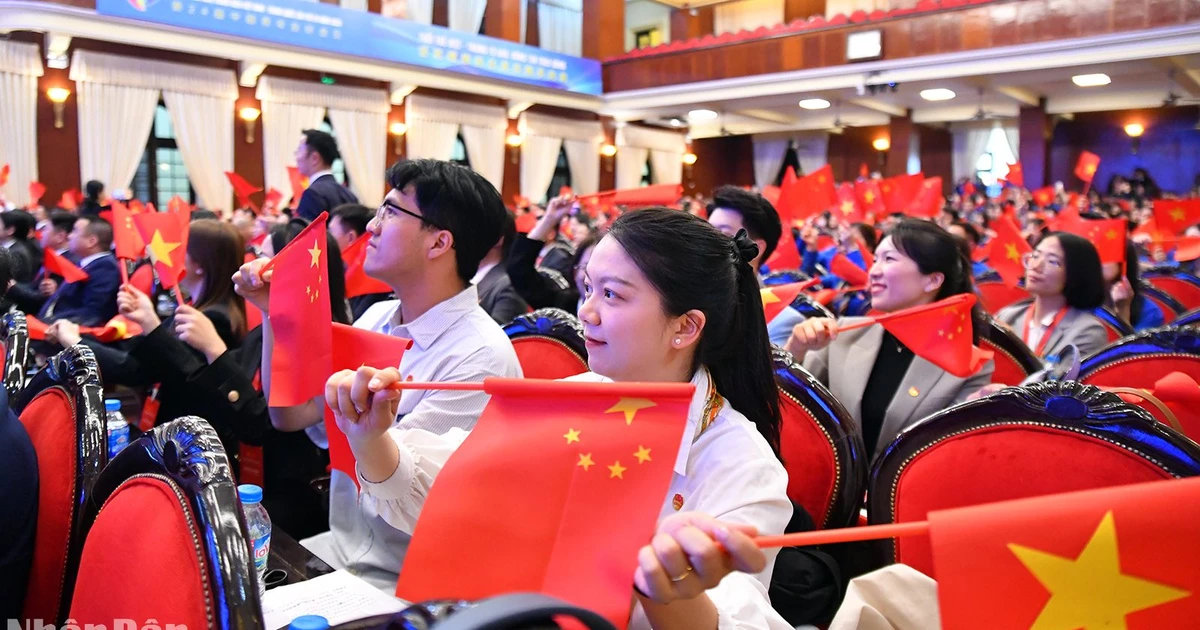
![[Photo] Reception to welcome General Secretary and President of China Xi Jinping](https://vstatic.vietnam.vn/vietnam/resource/IMAGE/2025/4/14/9afa04a20e6441ca971f6f6b0c904ec2)
![[Photo] National Assembly Chairman Tran Thanh Man meets with General Secretary and President of China Xi Jinping](https://vstatic.vietnam.vn/vietnam/resource/IMAGE/2025/4/14/4e8fab54da744230b54598eff0070485)
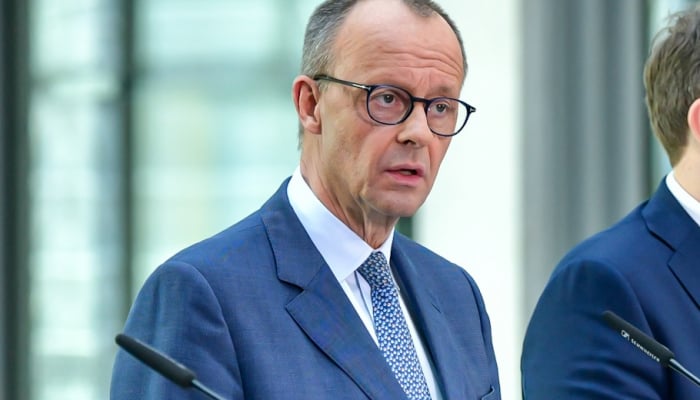

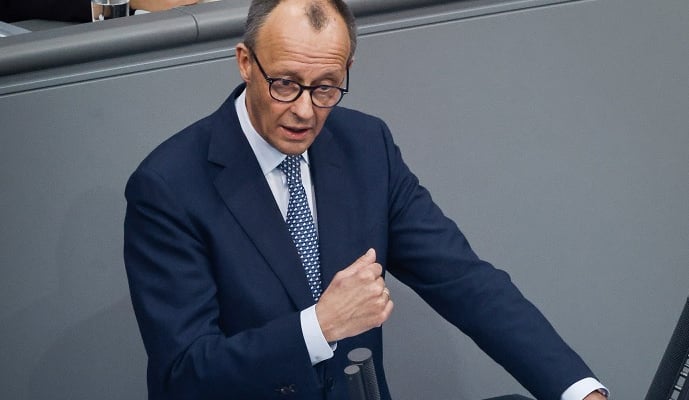

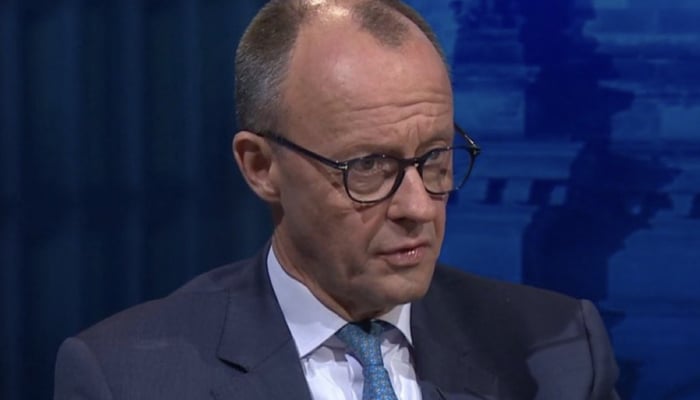
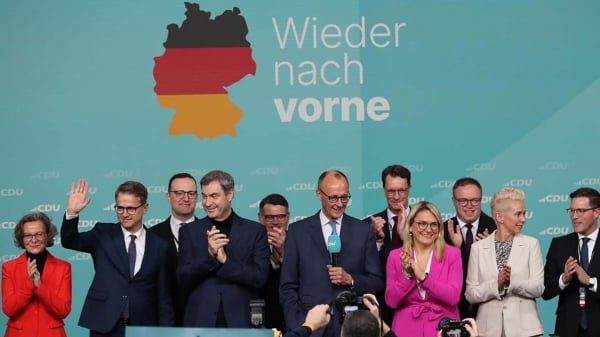



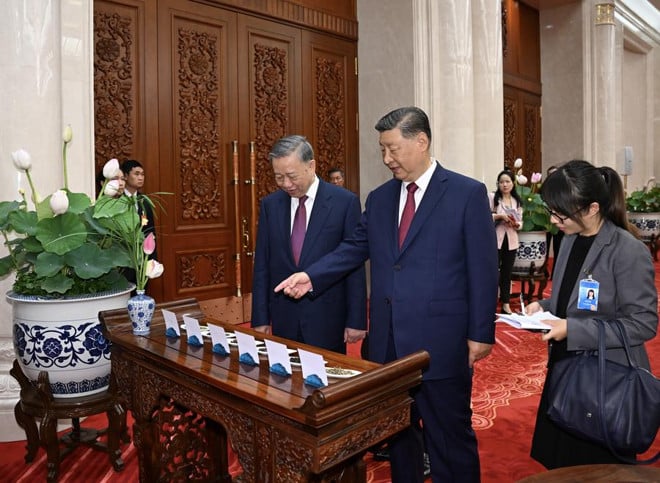







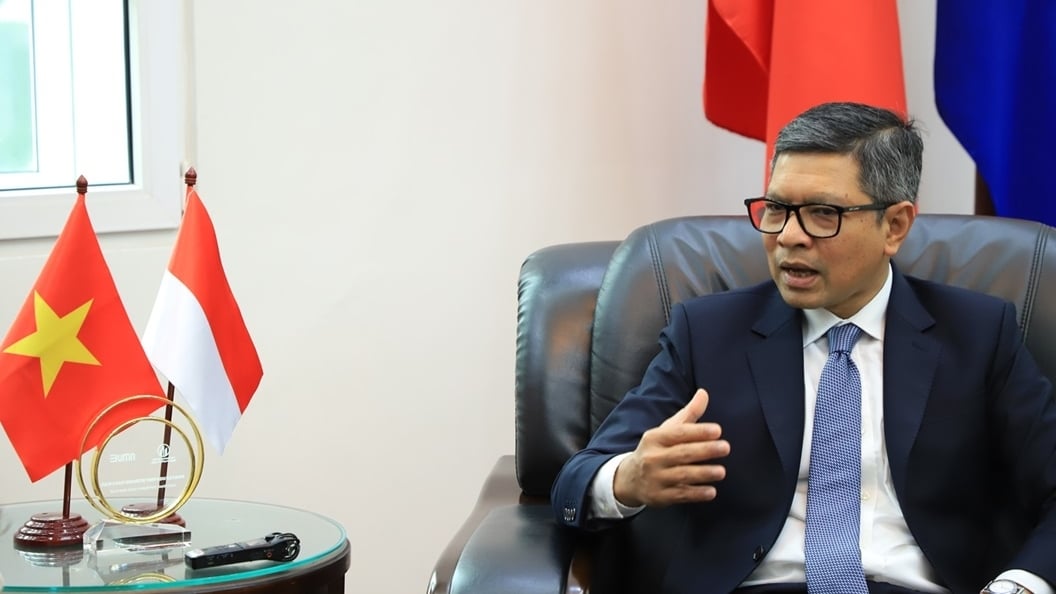

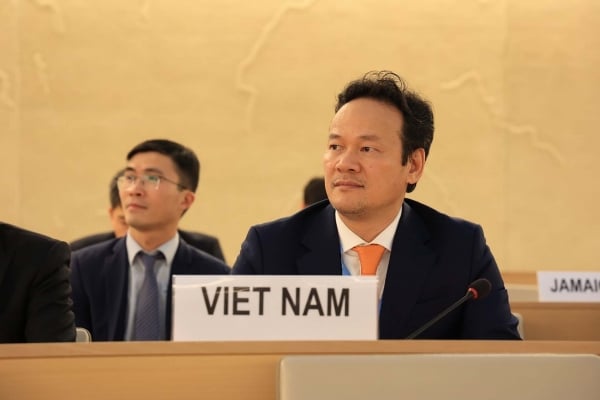
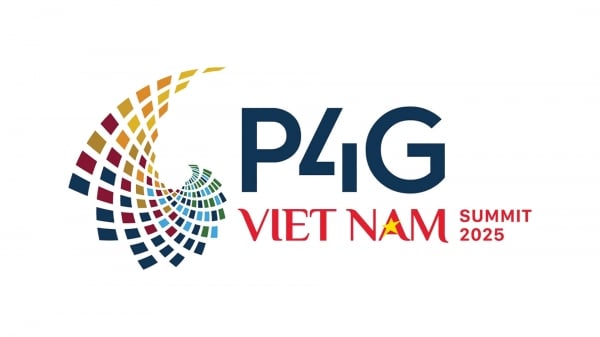


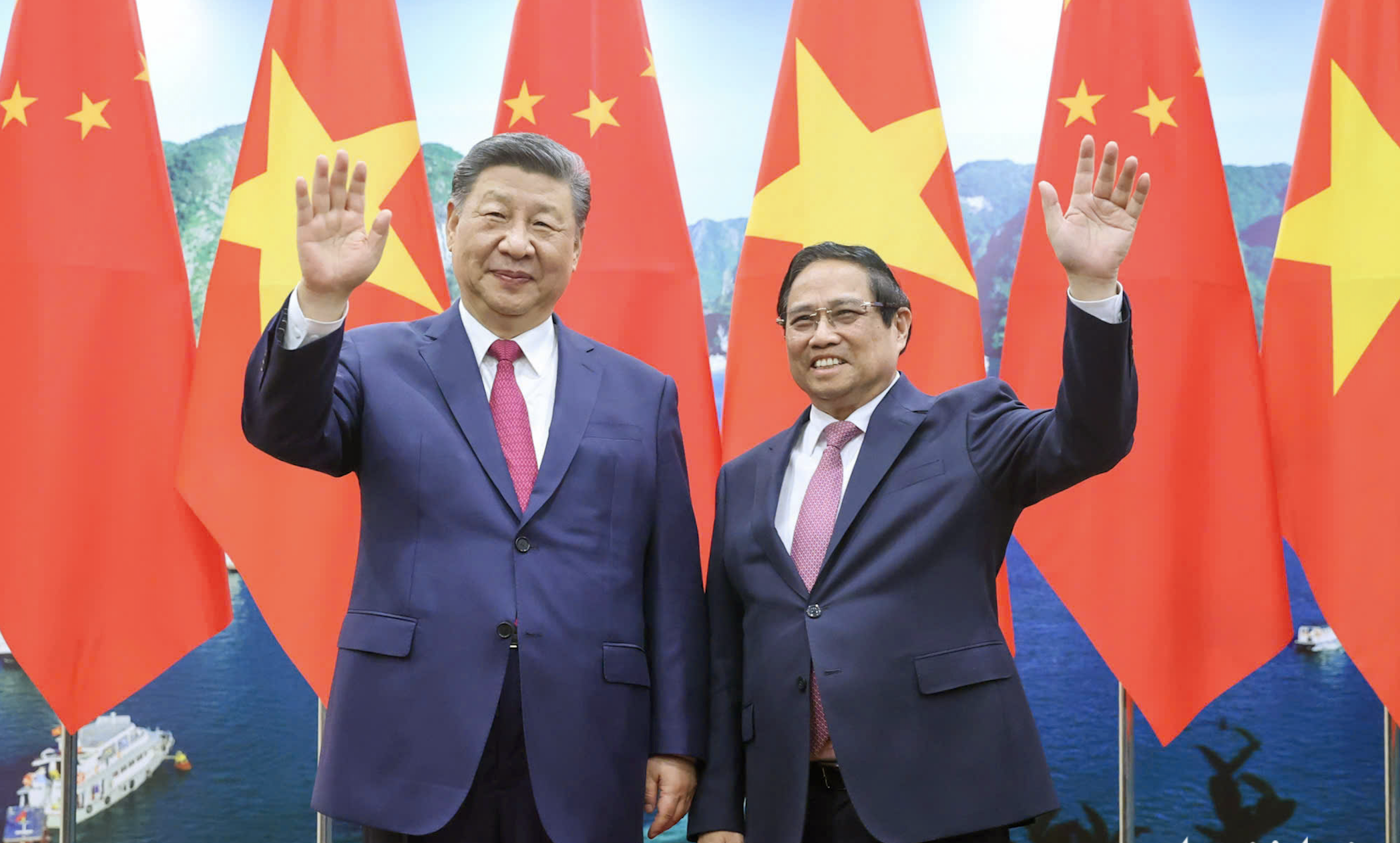


































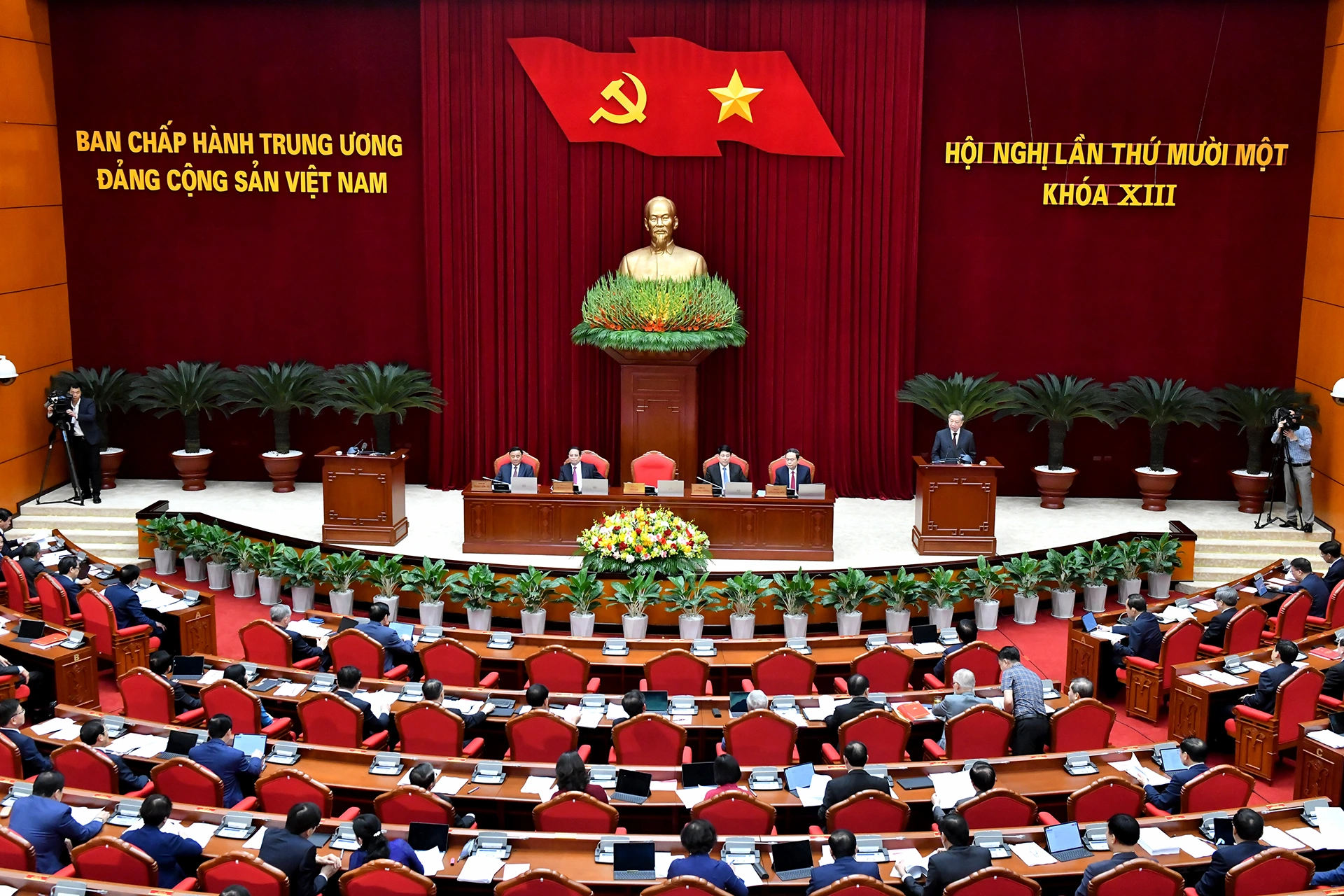


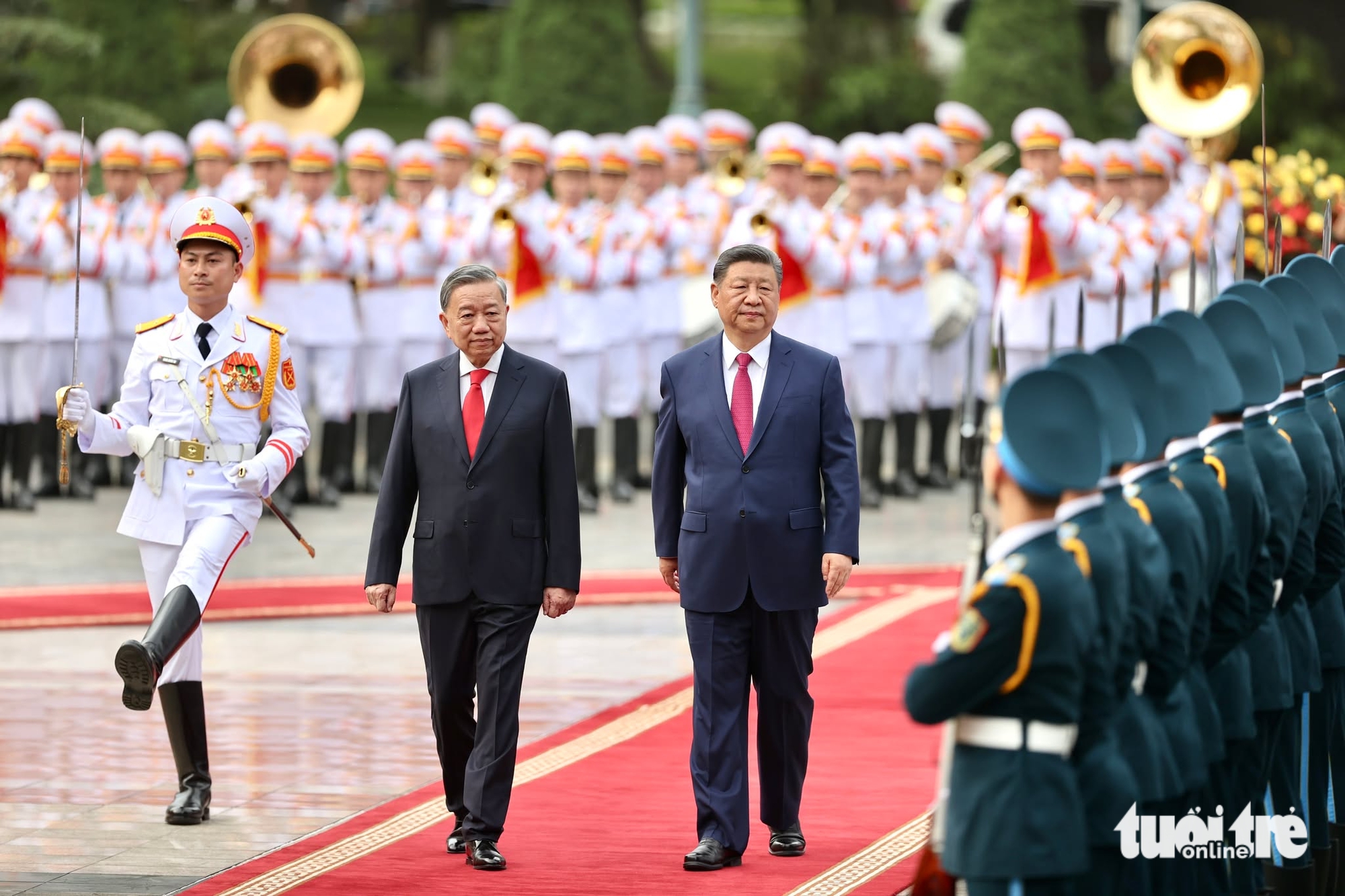




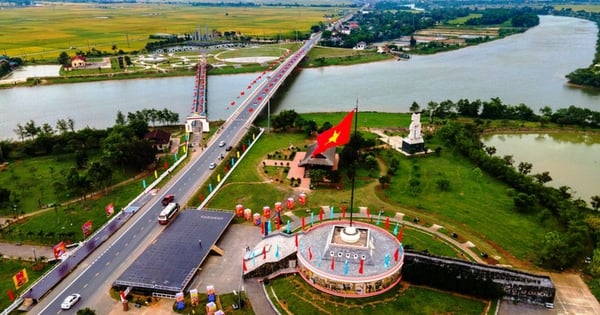








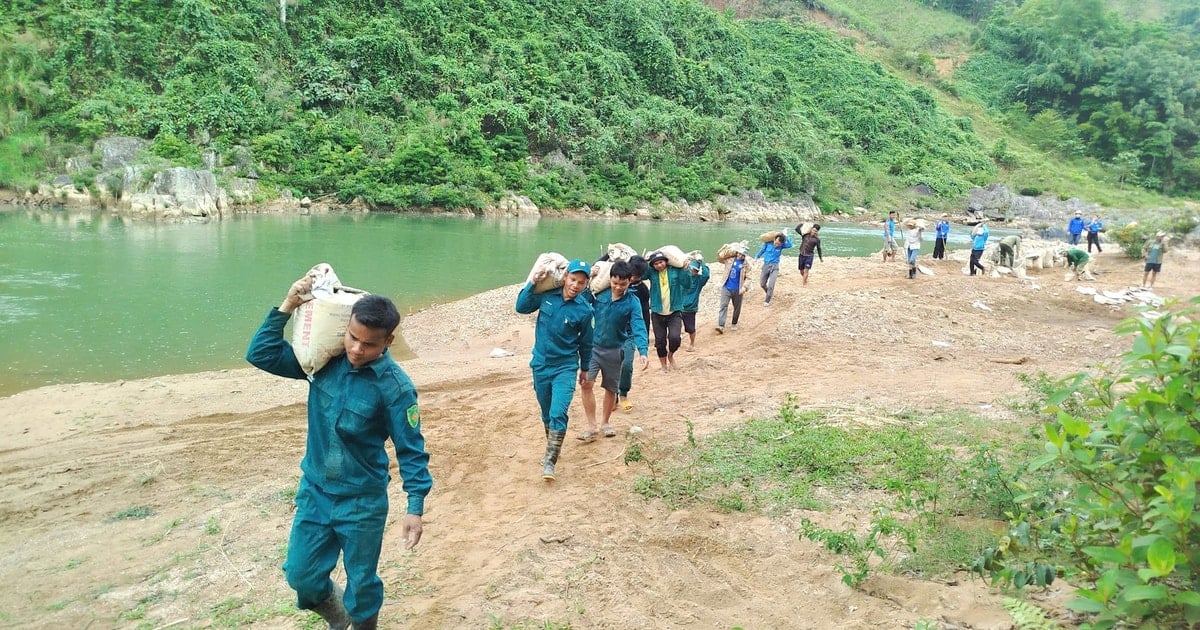













Comment (0)